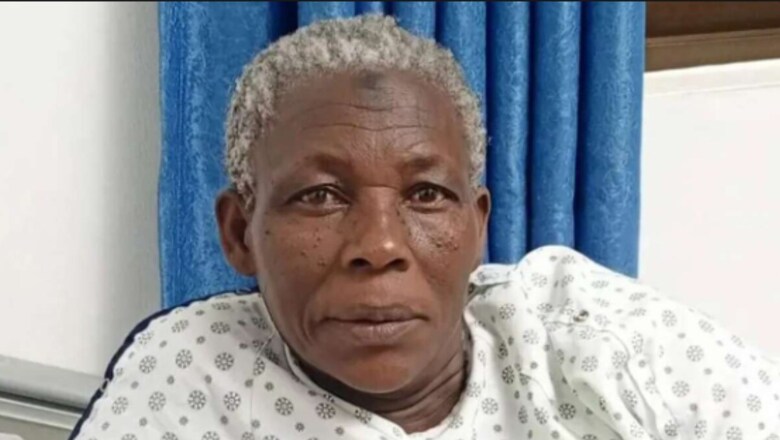
views
A 70-year-old Ugandan woman named Safina Namukwaya has given birth to twins via caesarean section at a fertility centre in Kampala. The groundbreaking event, reported by BBC, marks Namukwaya as one of the oldest women in Africa to undergo successful in-vitro fertilisation (IVF) treatment and deliver healthy infants. Namukwaya welcomed a baby boy and girl, describing the experience as nothing short of a “miracle," as conveyed by Ugandan media. The Women’s Hospital International and Fertility Centre (WHI&FC), where the historic birth took place, celebrated the accomplishment on its Facebook page, stating, “We’ve achieved the extraordinary – delivering twins to Africa’s oldest mother aged 70!" The hospital highlighted that this achievement represents the resilience and strength of the human spirit, surpassing a mere medical triumph.
Dr Edward Tamale Sali, a fertility specialist at WHI&FC, provided insight into the IVF procedure, revealing that Namukwaya utilised a donor egg and her partner’s sperm. Despite the twins being born prematurely at 31 weeks, Dr Sali assured them that they are currently in stable condition, receiving care in incubators.
Namukwaya shared with Uganda’s Daily Monitor newspaper the challenges she faced during her pregnancy, highlighting the emotional distress caused by her partner’s abandonment upon learning about the impending arrival of twins. “Men don’t like to be told that you are carrying more than one child. Ever since I was admitted here, my man has never shown up," she expressed.
This marks Namukwaya’s second delivery in three years, having given birth to a baby girl in 2020. The motivation for her late-in-life motherhood journey stems from societal pressure and mockery for being childless.
“I looked after people’s children and saw them grow up and leave me alone. I wondered who would take care of me when I grow old," she explained.
Typically, women undergo menopause between the ages of 45 and 55, signalling the end of their reproductive years. However, advancements in medical science, particularly in fertility treatments like IVF, have provided opportunities for women to extend their childbearing years.
IVF, one of several techniques, involves removing an egg from a woman’s ovaries and fertilising it with sperm in a laboratory. The resulting fertilised egg, called an embryo, is then implanted in the woman’s womb to grow and develop.


















Comments
0 comment